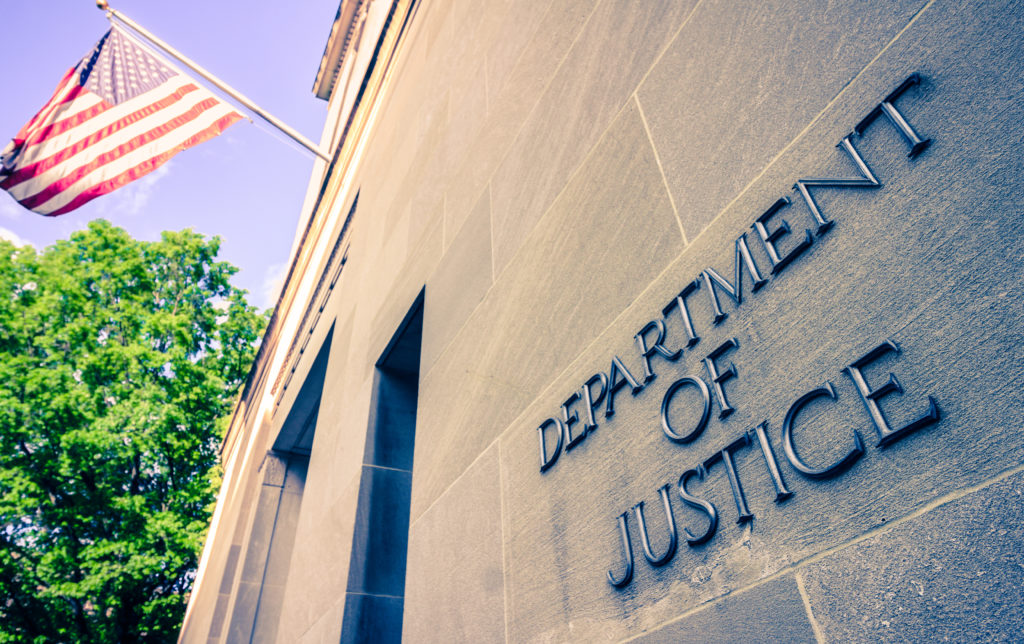“Farmers shouldn’t expect an apology from Robert F. Kennedy Jr. regarding his comparison of pork producers to Osama bin Laden,” an attorney with Kennedy’s Waterkeeper Alliance told The Des Moines Register last week. According to the paper, during an anti-pork meeting in Iowa in early April, “Kennedy said large-scale hog producers were a greater threat to the United States and democracy than bin Laden’s terrorist network.” Kennedy has been making the comparison in speeches as far back as January, and has never apologized.
Asks OverLawyered.com‘s Walter Olson, a senior fellow at the Manhattan Institute, in a New York Post op-ed: “Has celebrity environmentalist Robert F. Kennedy Jr. taken leave of his senses, or did he ever have any to begin with?… Kennedy may have had no idea how his remarks would go over in a Midwestern state that prides itself on both patriotism and pork production… When New Yorkers learn about Kennedy’s willingness to trivialize the evil of the author of Sept. 11, it’s hard to believe that popularity won’t suffer a blow.” [Many of Waterkeepers’ biggest donors are New Yorkers; for more on where Water Keeper gets its money, visit ActivistCash.com.]
One Farmers Union representative complained that Kennedy’s pork-bashing and Osama comparisons led many members to quit the union. At another Kennedy stop, one farmer critic declared: “I think he’s singling out anyone he perceives as on the other side of his extreme agenda.” And says head of the Nebraska Farm Bureau Federation: “Robert F. Kennedy Jr. and his New York-based environmental group have been on a mission to attack agriculture and the livestock industry.”
Why does Kennedy do it? If Waterkeepers’ lawsuits against pork succeed, Kennedy has estimated potential “damages” of up to $9-13 billion. Divide that up by Water Keepers’ 11-firm team of lawyers, and Kennedy’s own two-partner firm stands to gain at least a cool $200 million. In making this money grab, Kennedy is content to destroy the hog industry, which employs thousands of American farmers. He said so himself in April, telling an Iowa television reporter: “Let me tell you, the best thing would be if this industry did leave the country.”
Filed Under:
Meat




